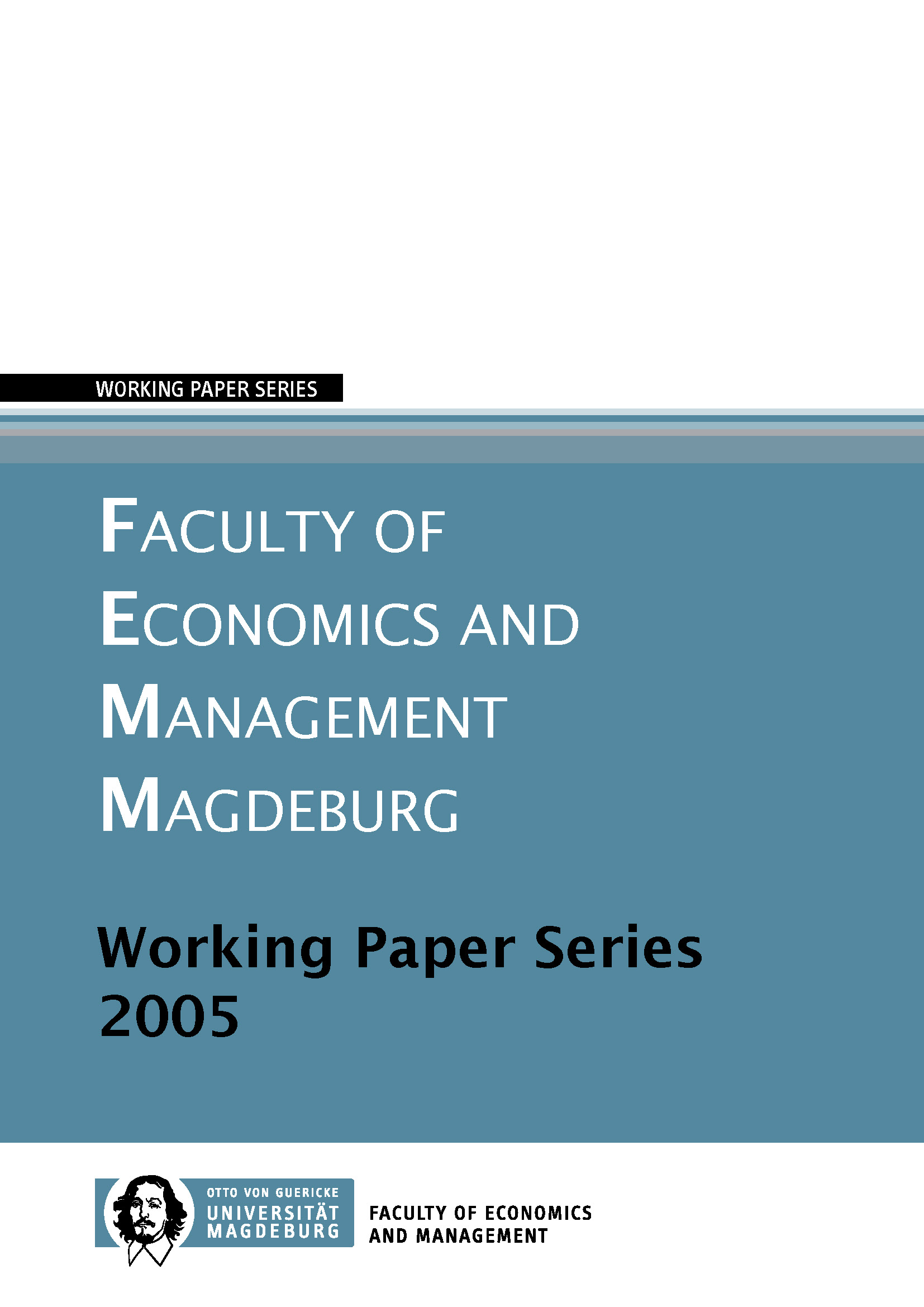Hedging, Hedge Accounting, and Speculation in a Rational Expectations Equilibrium
Abstract
This paper explains corporate hedging as well as speculation in a two period rational expectations model. A risk averse manager represents a firm that is priced in a risk neutral market. The manager enters into a cash flow hedge of a forecast transaction by taking a short position in the futures market. When the futures position is chosen, the manager possesses private information regarding the firm's production capacity. Mandatory disclosure of the futures position in the financial statements allows the market to draw inferences over the manager's information. These inferences affect the market's pricing decision and in turn the manager's hedging decision. The futures position taken is chosen not only to reduce price risk exposure but to signal some desired capacity level. In equilibrium, however, the market anticipates the manager's strategy and is not fooled.
Considering varying managerial preferences, we analyze three settings. In the basic setting speculation occurs whenever the manager prefers high market values in both periods. In the second setting we add transaction costs and find that speculation is less likely the higher the costs. Finally, we introduce uncertainty regarding the manager's preferences. If the market needs to determine prices based on expected preferences, incentives to speculate are mitigated in equilibrium but still present.


